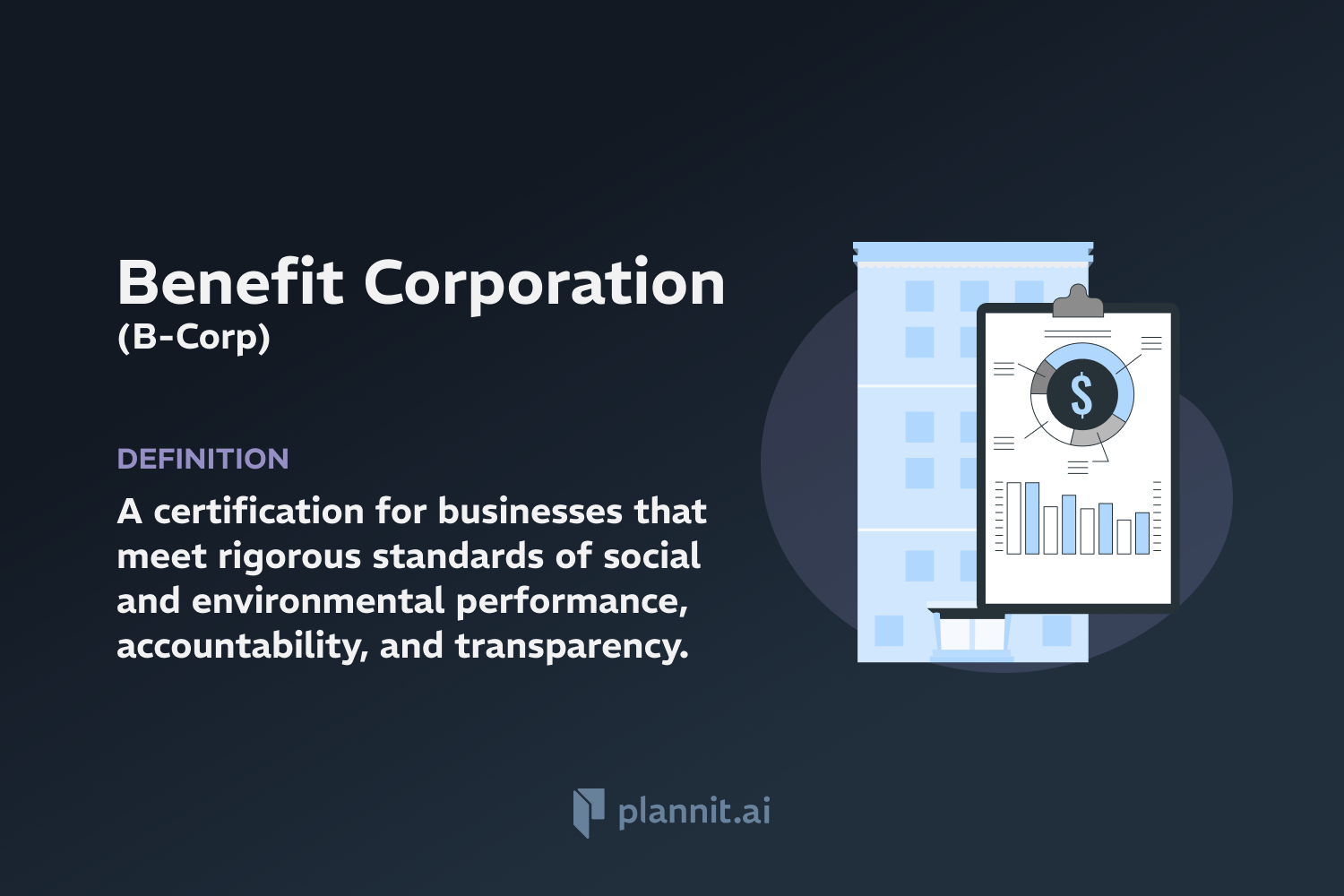Need Help With Your Business Plan?
Answer tailored questions and get a detailed business plan in minutes.
Net Income: Definition & In-Depth Explanation
Definition:
Net Income, often referred to as the bottom line, net profit, or net earnings, is a key financial metric that represents the actual profit of a company after all expenses, including the cost of goods sold, taxes, operating expenses, interest, and depreciation, have been deducted from total revenues. It is a crucial indicator of a company's financial health and operational efficiency.
Context of Use:
Net income is used by businesses, analysts, and investors to gauge the profitability of a company. It is an essential component of the income statement, one of the three primary financial statements used to assess a company's performance and financial status.
Purpose:
The primary purpose of calculating net income is to determine the profitability of a company over a specific period. It provides insight into how effectively a company is managing its revenues and expenses and is a critical factor in investment decision-making.
Example:
Annual Financial Reporting: Companies report their net income at the end of the fiscal year, showing how much profit was made after all costs have been accounted for.
Quarterly Earnings Updates: Public companies often report quarterly net income to provide investors with a regular update on their financial progress and current economic health.
Related Terms:
Gross Income: The total revenue from all sources before any deductions or expenses are subtracted.
EBITDA (Earnings Before Interest, Taxes, Depreciation, and Amortization): A measure used to analyze and compare profitability between companies and industries by eliminating the effects of financing and accounting decisions.
Operating Income: The profit realized from a business's core operations, it excludes income and expenses not directly tied to the core business activities.
FAQs:
1. How is net income different from operating income?
A: Net income includes all revenues and gains minus all expenses and losses, including non-operating items like interest and taxes, while operating income includes only the profits and expenses directly related to the business's primary activities.
2. Why is net income important for investors?
A: Net income is a clear indicator of a company's profitability and financial health, which helps investors assess the viability and profitability of investing in that company.
3. Can net income be negative?
A: Yes, if a company's expenses exceed its revenues during a reporting period, it will report negative net income, often referred to as a net loss.
4. How can net income be manipulated?
A: Companies can manipulate net income through techniques like aggressive revenue recognition, postponing expenses, capitalizing expenses that should be expensed, and using other methods to shift profits between periods.
5. What effect does depreciation have on net income?
A: Depreciation expense reduces the taxable income of a business, thereby potentially reducing the income tax expense and affecting net income. It is a non-cash expense that impacts the profitability reported on the income statement.
Need help calculating your net income? Try using our free net profit calculator.
Get funding with a business plan that will impress investors.
Starting a New Business?



